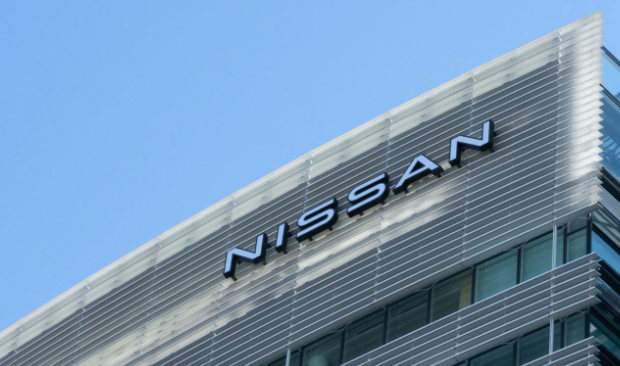Nissan Motor Company faces severe financial challenges as executives warn of an increasingly critical situation that may leave the Japanese automaker with only 12-14 months to survive without significant changes. The company’s leadership is actively pursuing drastic restructuring measures while seeking new investors to secure its future.
Following recent net losses, CEO Makoto Uchida has announced comprehensive cost-cutting initiatives, including a planned $3 billion in savings through various measures. The automotive giant intends to reduce its global workforce by 9,000 positions from its current 133,000 employees and decrease its Mitsubishi shareholding.
Chief Manufacturing Officer Hideyuki Sakamoto revealed plans to optimize factory operations by reducing capacity across the company’s 25 vehicle production lines by 20%. This will involve adjusting line speeds and shift patterns to enhance operational efficiency.
The situation has grown more complex as Renault, a longtime strategic partner, continues to reduce its stake in Nissan from 46% to less than 36%. According to senior company officials speaking to the Financial Times, Nissan is actively searching for new anchor investors, potentially including banks or insurance groups, to fill the void left by Renault’s declining participation.
The company’s struggles have attracted attention from prominent investment groups, including Singapore-based Effissimo Capital Management and Hong Kong’s Oasis Management Group, both known for their activist approaches to corporate restructuring in Japanese firms. These groups have recently acquired stakes in Nissan, bringing their track record of successful corporate interventions, such as Oasis’s role in Nintendo’s mobile gaming ventures and Effissimo’s profitable involvement in Toshiba’s buyout.
In a surprising development, sources indicate that Nissan hasn’t ruled out the possibility of a merger with rival Honda Motor Company. The companies are already collaborating in a joint venture with Mitsubishi focused on electric vehicle technology development and model sharing arrangements.
Former Nissan CEO Carlos Ghosn has publicly suggested that the ongoing collaboration between Honda and Nissan might be part of a larger strategy for Honda to assume control of both Nissan and Mitsubishi, given Honda’s position as the largest of the three Japanese
automakers.
The immediate operational impact of these challenges is evident in Nissan’s U.S. operations. According to Automotive News, the company plans to reduce production at its American facilities by 17% during the 2024 fiscal year. This reduction affects manufacturing plants in Canton, Mississippi, and Smyrna, Tennessee, with projected output dropping to 503,202 vehicles from the previous year’s 605,435 units.
The production cuts will impact several popular models, including the Frontier pickup truck, Rogue crossover SUV, Pathfinder SUV, and the luxury Infiniti QX60 SUV. These reductions align with the company’s global strategy to decrease production by 20%.
The unfolding situation at Nissan represents a critical juncture for one of Japan’s largest automakers, as it navigates through financial constraints, strategic partnerships, and operational restructuring. The company’s ability to secure new investment and successfully implement its cost-cutting measures while maintaining competitive market positions will be crucial for its survival and future growth in the rapidly evolving automotive industry.

